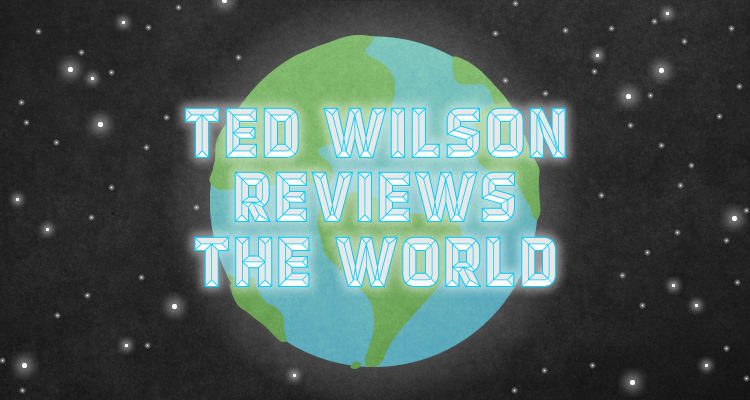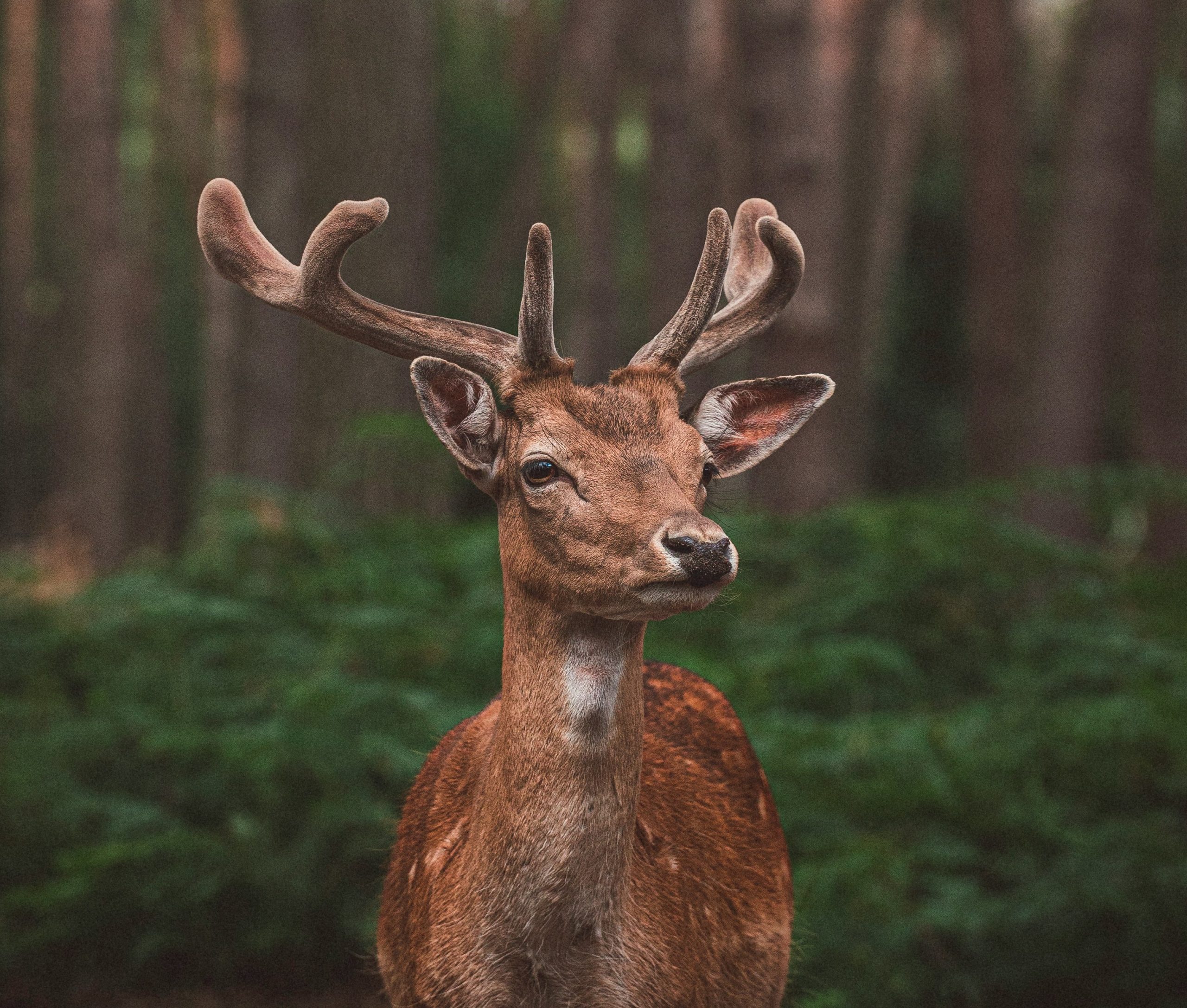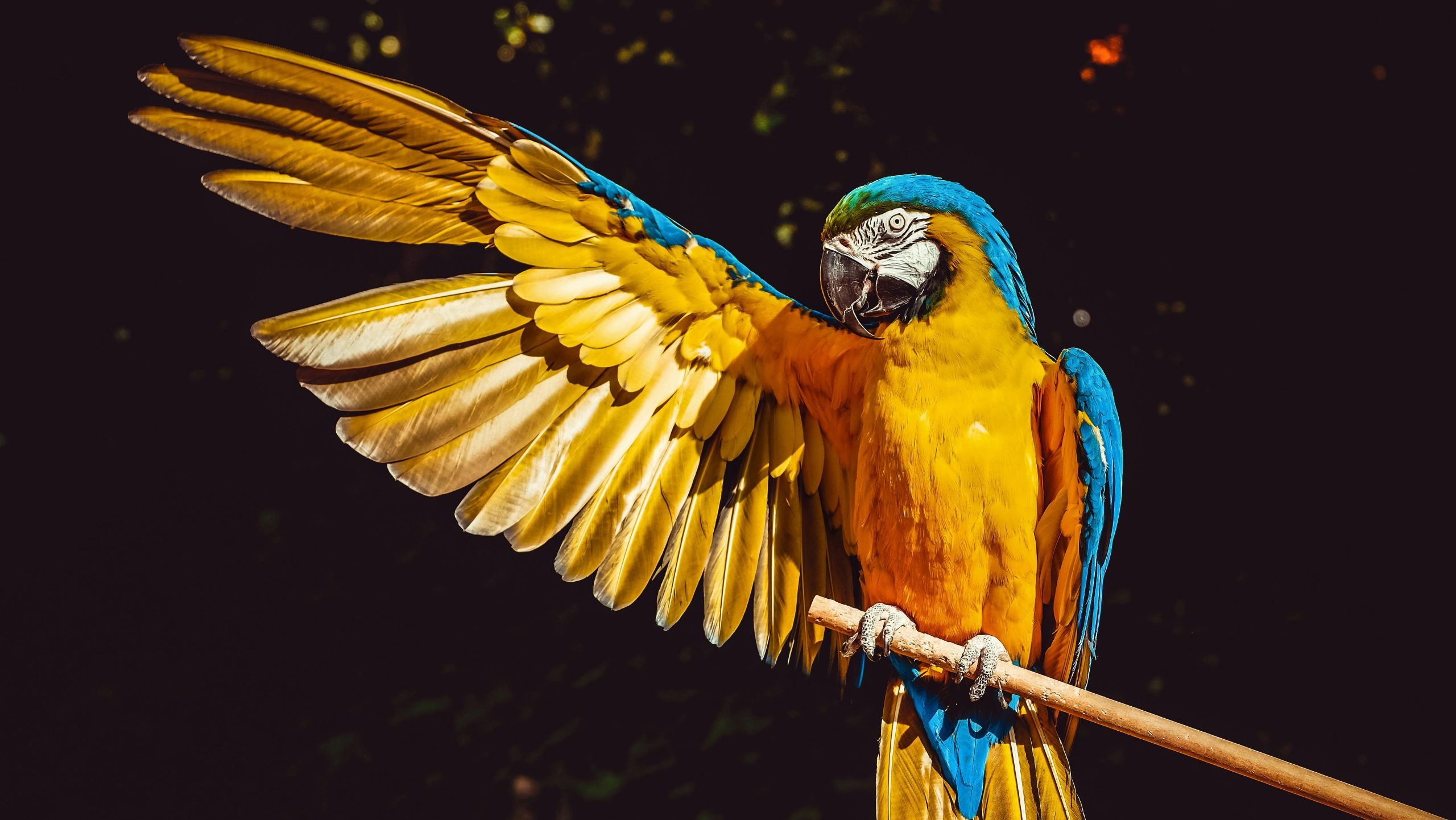Interviews
Henrietta Rose-Innes on Pests & Allegories
The South African literary star talks about her US debut

In South Africa, Henrietta Rose-Innes is what’s politely known as a thing. She’s a Caine Prize-winning novelist and short story writer who’s published five books, been shortlisted for piles of prizes, and had stories everywhere from Granta to The Best American Nonrequired Reading. Her novels have appeared in French and Spanish, but somehow they’ve never made it to the United States until now. So, first thing, shout-out to Unnamed Press for acquiring the U.S. rights to Nineveh, and to small presses the country (and world!) over for bringing us fiction that’s energetic and unexpected and cool.
Second thing: Nineveh is one of the coolest novels I’ve read in years. I don’t know how else to say it. The ancient ruin of the title is a luxury housing project outside Cape Town that’s never been lived in because it’s plagued by mysterious and beautiful beetles — tell me that’s not cool. Tell me you don’t think it’s cool that the protagonist of this novel is a young female exterminator, or that every scene in the book is as simultaneously clear and confused as a dream. Tell me you aren’t excited that this book is available in the U.S. now. I dare you.
Lily Meyer: It must be strange to be doing press for a book that isn’t your most recent.
Henrietta Rose-Innes: It is a bit of a time-warp experience, since Nineveh came out in South Africa a good five years ago. It’s been interesting looking at the text again, seeing what’s changed in that period of time. But it’s been a lovely experience, too. It feels like the book has been given an unexpected new life.
Meyer: How has it been to revisit the actual words? Did you reread the whole text?
Rose-Innes: I reread it, and, being an obsessive re-worker, I couldn’t resist fiddling here and there with some of the things that weren’t quite right the first time around, so this is the best version yet. It’s a bit of a slippery slope, though, because of course no book is ever really complete.
Meyer: Was it hard for you to get back into the voice of this book?
Rose-Innes: It feels like a slightly younger version of myself, but it’s nice to have some distance. You can be more sympathetic to yourself once you’re looking back after a few years. And that’s been nice, looking back on this work and thinking, Oh, yes, I’m glad I wrote this!
Meyer: You’ve done some of a PhD in creative writing between then and now. Looking back, did you find that the academic work has changed your writing more or less than you expected?
Rose-Innes: It’s made me more analytical. More self-conscious, but in a good, deliberate way, especially about what I’m doing technically. More conscious of how I’m eventually going to speak about my new book, too. But that’s part of maturing as a writer — gaining the ability to look at what you’ve done from an analytical remove, without losing spontaneity.
Meyer: Speaking of that analytical remove, a lot of the press about Nineveh describes it as an allegory. First of all, do you think it’s an allegory?
Rose-Innes: Yes, I think it is, but international readers often want to see it as an allegory for South Africa as a whole, and I’m resistant to that. To me, it is a specifically local book. It’s deliberately about the complexity of one particular place and time, which is a small part of a small part of South Africa. I wasn’t trying to create some kind of grand national narrative.
Meyer: Then how is it an allegory to you?
Rose-Innes: For me it’s about cities and city living. It’s a story about the inevitable cycles of change, of destruction and construction, that occur in the complicated urban environments that most of us live in. All the stress I put on the variety of beings in this small landscape was a way of examining the idea of a city as a complex ecosystem. And in that ecosystem, all the players — human or not — have to adjust and accommodate to each other’s needs. Everyone has to give up control. I think that’s what I was trying to express: the need to give up some control and embrace change.
Meyer: Was that always the arc of the book, or did you figure out as you wrote that you were writing about giving up control?
Rose-Innes: I don’t think I’ve ever sat down in front of a blank page and decided to write about something conceptual in that way. I always start out with concrete objects that speak to me in some way — in this case, insects that I’d encountered walking on the mountain in Cape Town, as well as imagery from the ancient city of Nineveh, which I’d always been very drawn to. The images felt somehow connected to me, but I wasn’t sure what those connections were.
Meyer: Something that was interesting to me was that for a book that’s about invasion and relinquishing control — and for a book that’s about a young woman — there’s very little sex. I liked that.
Rose-Innes: Well, Katya’s sexuality is pretty dysfunctional, and her relationship to sex is pretty dysfunctional, as a result of her curious upbringing and her strong identification with her father. I think she’s very confused about power and sexuality, maybe because her father, who’s this sort of scurrilous figure, is an overpowering force in her life. He’s this hyper-masculine pest exterminator who goes through life as a force of callous destruction, and she models herself on him whether she likes it or not.
Meyer: She does try not to be like him, though. She puts in a good-faith effort. Actually, she puts in a good-faith effort at almost everything. That’s one of her defining traits as a character.
Rose-Innes: She does try. She wants an adult and orderly life. She wants to construct a home, and family relationships, and a sex life. She’s copying something that feels superior to what she already has, but she doesn’t get it exactly right — and then she abandons all of that as a farce and a delusion. By the end of the book, she’s given up her pretense of a stable, proper life. It’s not for her.
She embraces her dysfunction all the way through, though. She identifies quite strongly with the vermin — these little helpless, hapless loser beasts. She’s mostly on their side; she has an innate sympathy with these underdog creatures in the world. She prefers the exterminated to the exterminators.
Meyer: How did you develop her character?
Rose-Innes: Well, she’s more uncompromising than she was when I started out. A lot of the characters became slightly exaggerated types, and some — the dirty old exterminator — are distinctly cartoonish. I was having fun with that. So Katya herself started out less extreme, more normalized. But I got into it! It’s fun to write eccentric characters. It allowed me to explore the parts of myself that fit less easily into conventional society. Plus, it adds a certain kind of wacky energy to the writing.
It’s fun to write eccentric characters. It allowed me to explore the parts of myself that fit less easily into conventional society.
Meyer: How did you come to that, or give yourself permission to do that?
Rose-Innes: Necessity, I think. Writing doesn’t necessarily flow easily for me. It’s a struggle to find a path into a novel initially, and if you find something that excites you enough to sit down in the morning and work with it, then you grab onto it with both hands. So for me, finding each one of the characters was an experience like that. It was like, Oh, thank God, I’m going to run with this.
Meyer post-script: Speaking of running with this, I got a bonus answer from Henrietta. I wanted to know what South African writers I should be reading, especially new ones, and she sent me a list of recommendations too good not to share.
Rose-Innes: I tell anyone who asks to read Ivan Vladislavic — Double Negative, 101 Detectives, Portrait with Keys and whatever else you can get your hands on. I’m excited about the work of Masande Ntshanga, whose intense, layered debut novel The Reactive came out earlier this year. SJ Naude’s luminous short-story collection, The Alphabet of the Birds, is beautifully self-translated from Afrikaans, and I hear he has a novel on the way; and I’d urge you to read Yewande Omotoso’s affecting, stylish The Woman Next Door. Imraan Coovadia’s excellent The Metric System is a searing account of the South African political transition. Collections of stories are good places to find emerging voices: I’d recommend Water, published by the Short Story Day Africa, the speculative-fiction anthology Terra Incognita, or the themed anthologies put out by Short Sharp Stories. It’s so hard to pick just a few names; for a glimpse of the depth of talent, look at the line-ups for the local book festivals, such as the brand-new Abantu Book Festival in Soweto, or Open Book in Cape Town.








